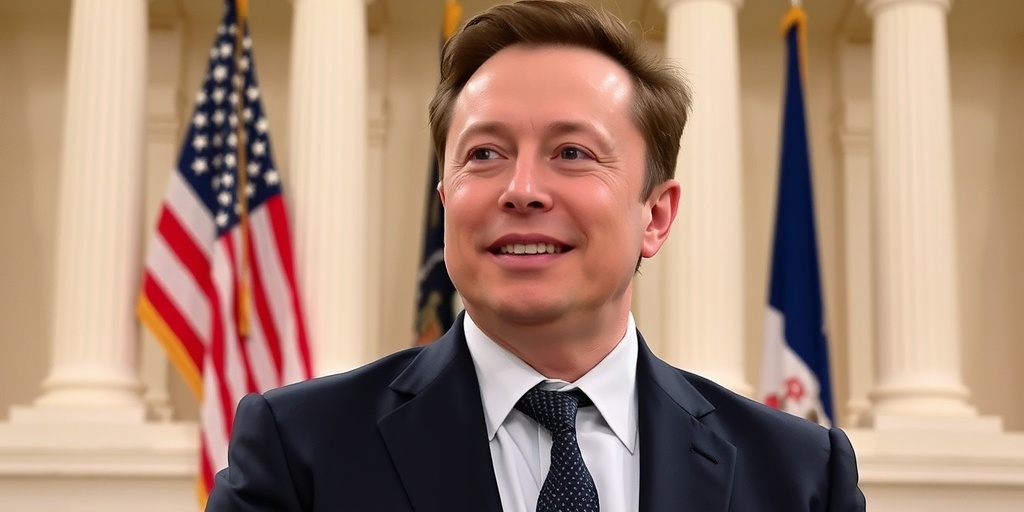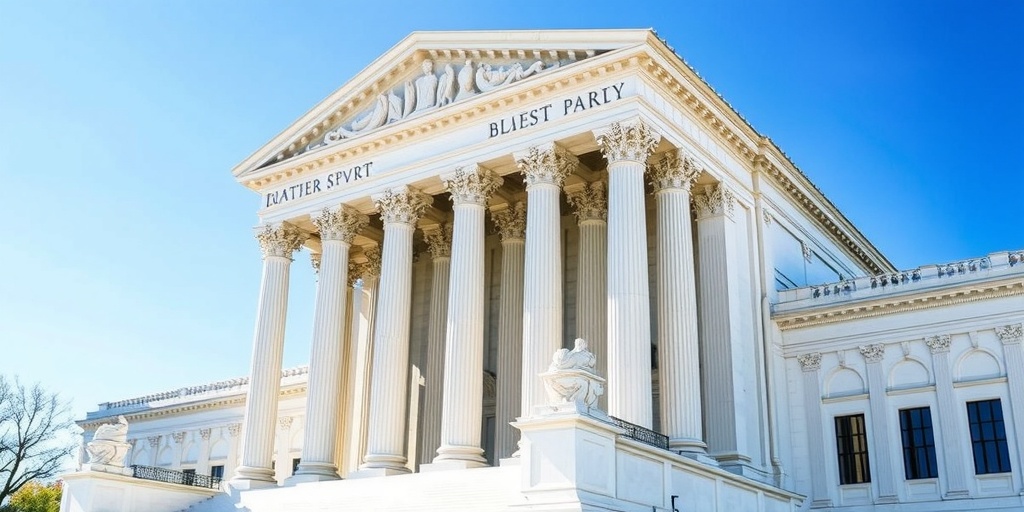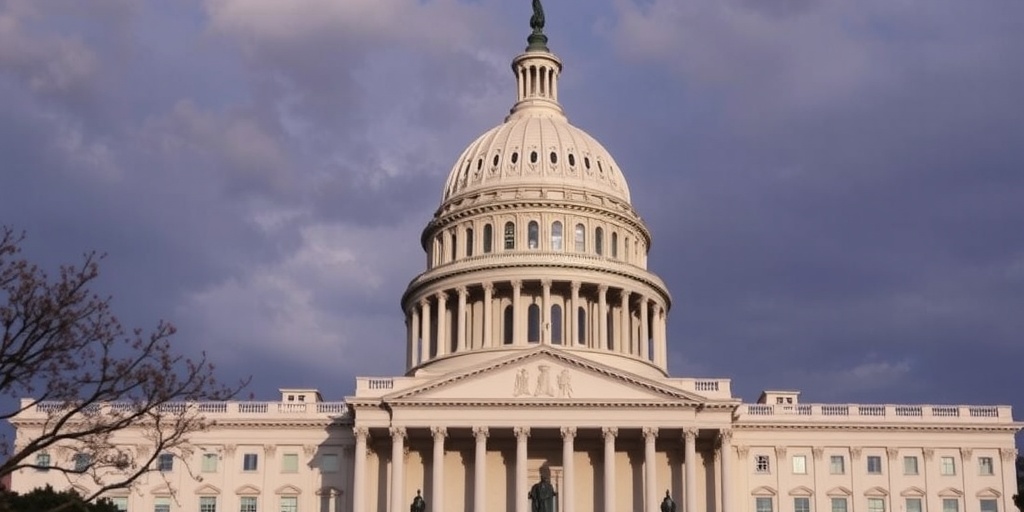Now Reading: Appeals Court Lets Musk Continue Major Cuts at U.S.A.I.D.
-
01
Appeals Court Lets Musk Continue Major Cuts at U.S.A.I.D.
Appeals Court Lets Musk Continue Major Cuts at U.S.A.I.D.

Federal Appeals Court Allows Elon Musk’s Team to Continue Efforts to Dismantle USAID
A three-judge panel from the U.S. Court of Appeals for the Fourth Circuit delivered a significant ruling on Friday that permits Elon Musk and his analysts to continue their endeavors in dismantling the U.S. Agency for International Development (USAID). This decision comes as the Trump administration makes strides to effectively eliminate the agency, having reduced its workforce and grant programs systematically over recent weeks.
The court’s ruling clears the way for Musk, serving as a special adviser to President Trump, to guide the operations of a task force known as the Department of Government Efficiency (DOGE) while the government prepares to appeal a prior judgment. This earlier decision had specified that Musk lacked the constitutional authority to orchestrate actions against USAID, primarily due to his position, which had not been confirmed by the Senate.
U.S. District Court Judge Theodore D. Chuang, presiding in Maryland, previously indicated that Musk’s self-described campaign to shut down USAID was unconstitutional. This ruling was based on Musk’s public declarations, which included directing DOGE personnel to undertake measures aimed at shutting down the agency. He had communicated on social media, even going so far as to say he was "feeding USAID into the wood chipper," emphasizing his intent to dismantle it.
In what many see as a significant rebuttal to the lower court’s findings, the appeals court explained that while Musk’s influence over the agency reform was unconventional, it did not inherently breach constitutional boundaries. Judge A. Marvin Quattlebaum Jr., appointed by Trump, remarked that the administration had adopted Musk’s recommendations without relinquishing authority to him. Thus, there was insufficient evidence to insist that Musk had thoroughly circumvented Congress or unilaterally closed USAID.
The appeals panel stated, “While defendants’ role and actions related to U.S.A.I.D. are not conventional, unconventional does not necessarily equal unconstitutional.” They stressed the lack of record evidence showing that Musk had exercised unilateral control or directed actions contrary to USAID officials.
The panel’s ruling leaves open significant constitutional questions regarding the powers of the executive branch and the actions of Musk’s team. Public statements from various officials, including former President Trump, White House Press Secretary Karoline Leavitt, and Secretary of State Marco Rubio, acknowledging Musk’s contribution to dismantling the agency, have stirred further debates about the legitimacy of DOGE’s initiatives.
Amidst this legal turbulence, the remaining employees at USAID received an email titled "USAID’s Final Mission," detailing further layoffs intended to reduce the workforce from approximately 10,000 to around 15 essential roles. This reduction symbolizes a drastic shift in the agency’s function and personnel, reflecting the consequences of the ongoing efforts led by Musk’s task force.
In his separate opinion, Judge Roger Gregory, appointed by Bill Clinton, concurred with the decision to grant a stay on the lawsuit but emphasized that it had overly focused on Musk and failed to challenge broader actions that likely violated the law. He noted that the ongoing cuts to USAID could lead to significant public health repercussions, possibly resulting in millions of disease infections and hundreds of thousands of deaths worldwide.
Judge Gregory elaborated that the actions taken by the Trump administration to close down USAID were likely unlawful given that Congress had never authorized such sweeping cuts. The lawsuit’s limitations, he argued, prevented it from addressing the more profound issues of separation of powers and failed to include necessary defendants who directly oversaw the reductions.
He concluded with a sobering acknowledgment of the potential ramifications of the administrations’ actions, stating, “We may never know how many lives will be lost or cut short by the defendants’ decision to abruptly cancel billions of dollars in congressionally appropriated foreign aid.”
As the battle over USAID continues to unfold, the implications of this case extend beyond legal technicalities, affecting international aid and U.S. foreign policy. With planned structural changes and layoffs, the anticipated outcome remains uncertain, leaving stakeholders to grapple with the potential humanitarian fallout from the ongoing disassembly of this long-established government entity.
Stay Informed With the Latest & Most Important News
Previous Post
Next Post
-
 01New technology breakthrough has everyone talking right now
01New technology breakthrough has everyone talking right now -
 02Unbelievable life hack everyone needs to try today
02Unbelievable life hack everyone needs to try today -
 03Fascinating discovery found buried deep beneath the ocean
03Fascinating discovery found buried deep beneath the ocean -
 04Man invents genius device that solves everyday problems
04Man invents genius device that solves everyday problems -
 05Shocking discovery that changes what we know forever
05Shocking discovery that changes what we know forever -
 06Internet goes wild over celebrity’s unexpected fashion choice
06Internet goes wild over celebrity’s unexpected fashion choice -
 07Rare animal sighting stuns scientists and wildlife lovers
07Rare animal sighting stuns scientists and wildlife lovers





















